Rishi Sunak’s government has hastened to claim a milestone political victory following the CPI rate’s decline to 4.6% in October 2023, and yet, is the claim that inflation has halved since January infallible, or can we debunk a seemingly empirical truth?
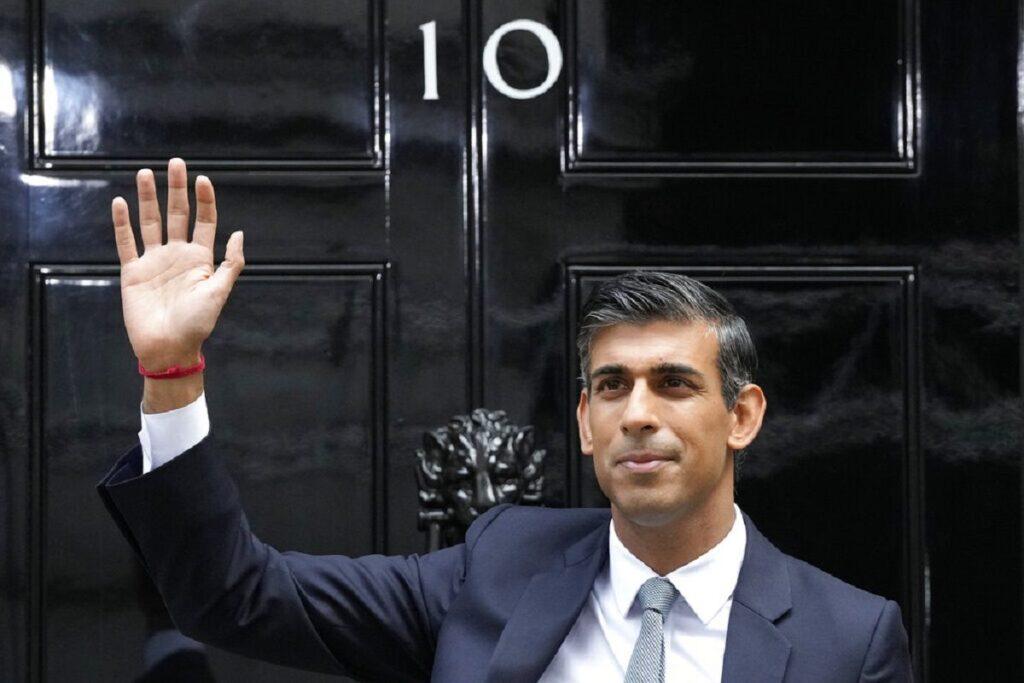
This premise immediately appears to constitute a contradiction, a factual truth cannot be debunked, rather, this is limited to claims and allegations.
However, in this article, the façade of a Tory victory over inflation will be exposed, despite a recorded fall in the CPI rate by 57% between January and October 2023.
In January 2023, Prime Minister Rishi Sunak introduced five pledges to address the economic and social plight of the UK public, the headline commitment of which was that his government would “halve inflation this year to ease the cost of living and give people financial security,” at a time when the CPI rate bellowed ominously from above at 10.7%.
RELATED Battle of the Boutiques: Lazard Ranks 1st Amongst the Top 10
As such, a surface, perhaps superficial, interpretation of the UK’s recent CPI figures would allude to Sunak’s success, as the CPI figure of 4.6% in October 2023 satisfies the naïve mathematical demands of the Tory government that inflation falls below 5.35% before 2024.
Yet, the fatal flaw in accepting such a sweeping political victory without further examination emerges immediately following a breakdown of the propelling factors behind the CPI figures, and where the touching points with consumer’s pockets lie.
Evidence primarily ascribes the initial 10.7% inflation rate in January 2023 to the skyrocketing energy commodity prices witnessed throughout 2022, a consequence of Russia’s invasion of Ukraine in February 2022 and the subsequent weaponisation of natural gas supplies, in addition to OPEC+ supply cuts, which drove Brent oil prices, considered the global benchmark price for oil, to an annual average of $101 per barrel in 2022, the highest level witnessed since 2013.
These wholesale cost spirals would transverse the seas, arriving at UK consumers’ doorstep through average energy price rises of 27% in October 2022.
Whilst it was often advocated that this proliferation in energy prices was a natural consequence of higher commodity prices, record profits reported by the five largest integrated private oil & gas companies in 2022 could perhaps prevent an alternative perspective.
This is because their nearly 120% year-on-year rise in net profits to $195 billion in 2022 signals a correlation between the global energy affordability crisis and the O&G industry’s bottom line.
This perhaps suggests the opportunistic capitalisation by major O&G players on price-inelasticity of demand and political instability to raise retail energy prices, maximise margins and enhance profitability. However, I digress, this debate is worthy of a second article.
Positioning this context of an external energy price shock in parallel with the UK’s status as a net energy importer implies the principal driver of the broadcast 10.7% inflation rate to be exogenous.
As such, upon the removal of this component from the CPI, inflation is reported to have fallen a mere 0.6% from 6.2% in January 2023 to 5.6% in October 2023, a stark reality check for the Tory government.
This produces the conclusion that, although the rapid decline of wholesale energy prices in 2023 translated to lower inflation figures, accrediting this to Sunak’s “hard decisions and fiscal discipline,” is perhaps misconstrued, to say the least.
RELATED Shein: Behind The Upcoming $90bn IPO
Furthermore, whilst an abstract discussion surrounding what extent of the decline in the headline CPI figure is attributable to fiscal policy or exogenous factors is relevant for political considerations, consumers and households no doubt remain preoccupied with the tactile impacts of inflation on their disposable income and spending power.
Unfortunately, this article is the bearer of foreboding news. In direct contrast to the downward trend of the overall CPI rate, owner occupiers’ housing costs (OOH), have been accelerating upwards, exceeding the rate of inflation in October 2023 at 5.4% against 4.6%.
This is only forecast to continue, as fixed-rate mortgages gradually expire and households are thrust into the menacing reality of a contractionary macroeconomic climate, with mortgage payments expected to rise by over 100% in certain circumstances upon refinancing.
This, in conjunction with the ever-sticky downward nature of food prices and a food inflation rate of 10.1% in October 2023 suggests that the battering of consumer’s pockets in the grocery store is becoming more severe, and is going nowhere.
Hence, whilst the answer to the blanket question, “Has inflation been halved?” is yes, the more prudent question, “Is the Tory government responsible for the halving of inflation?” has a far less concrete answer.
This is because the Tories’ inflation achievement appears overwhelmingly symbolic, a technicality resulting from CPI calculations and external energy shocks, and short-lived, as exploding mortgage payments amplify deprivation and distress from the ongoing cost-of-living crisis.
To get in contact with feedback on this article please email us at publishing@krugmaninsights.com






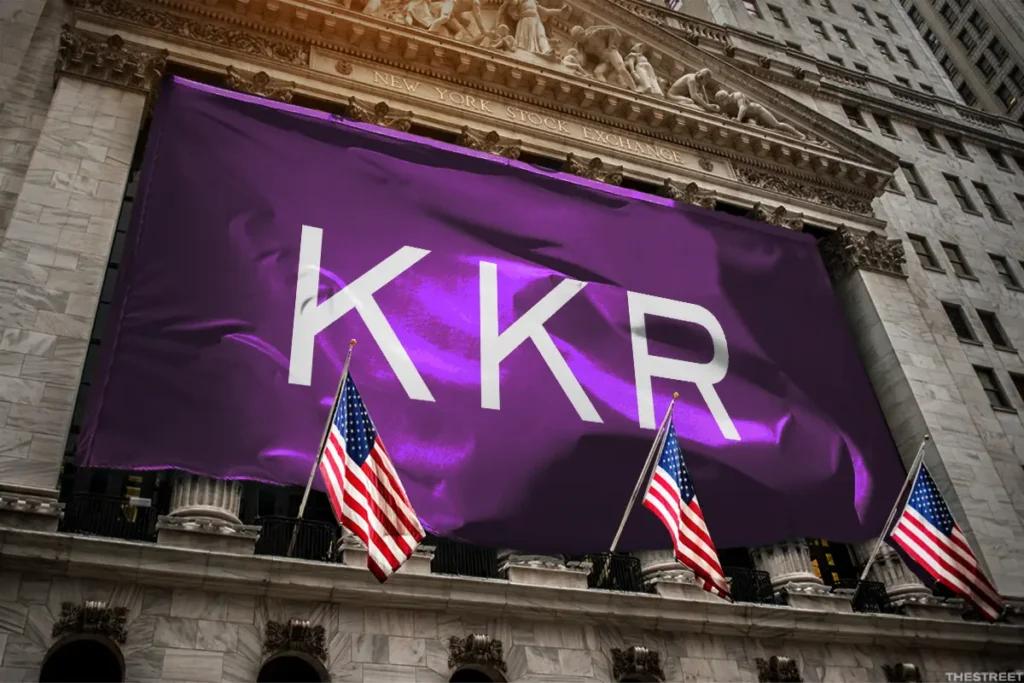
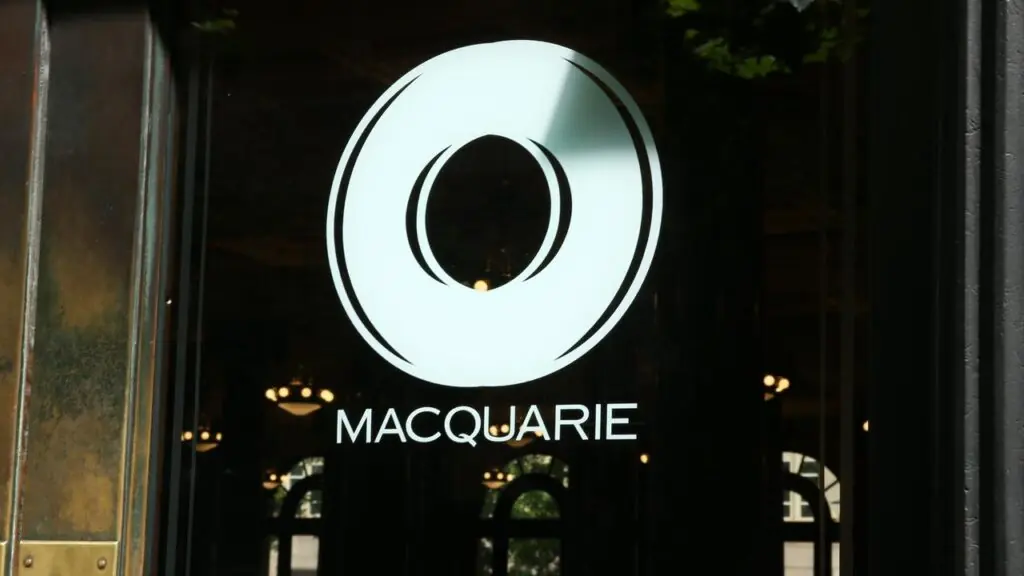

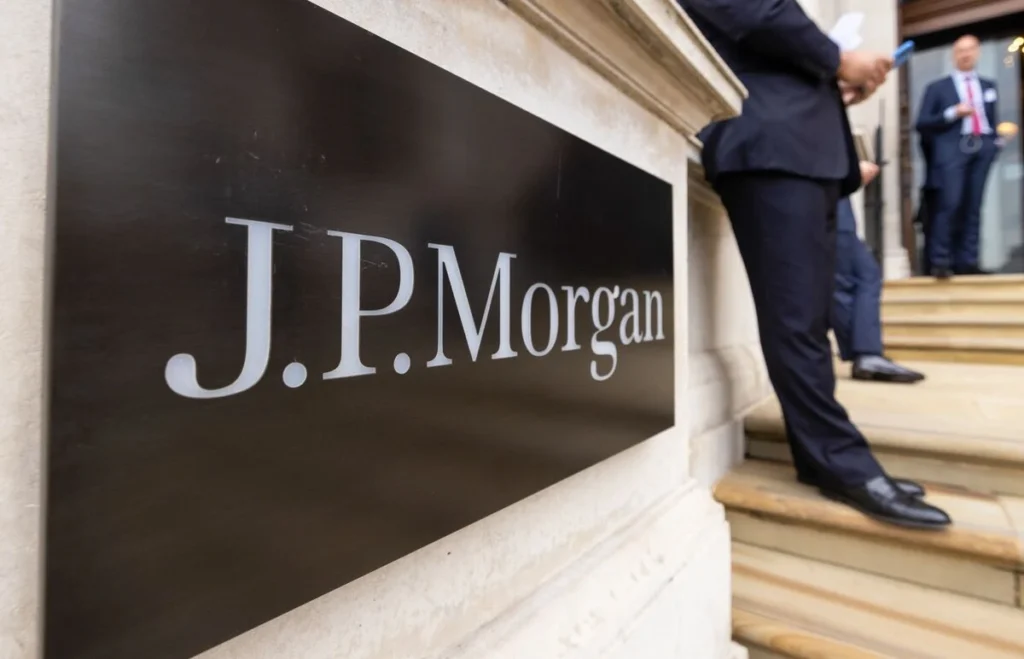


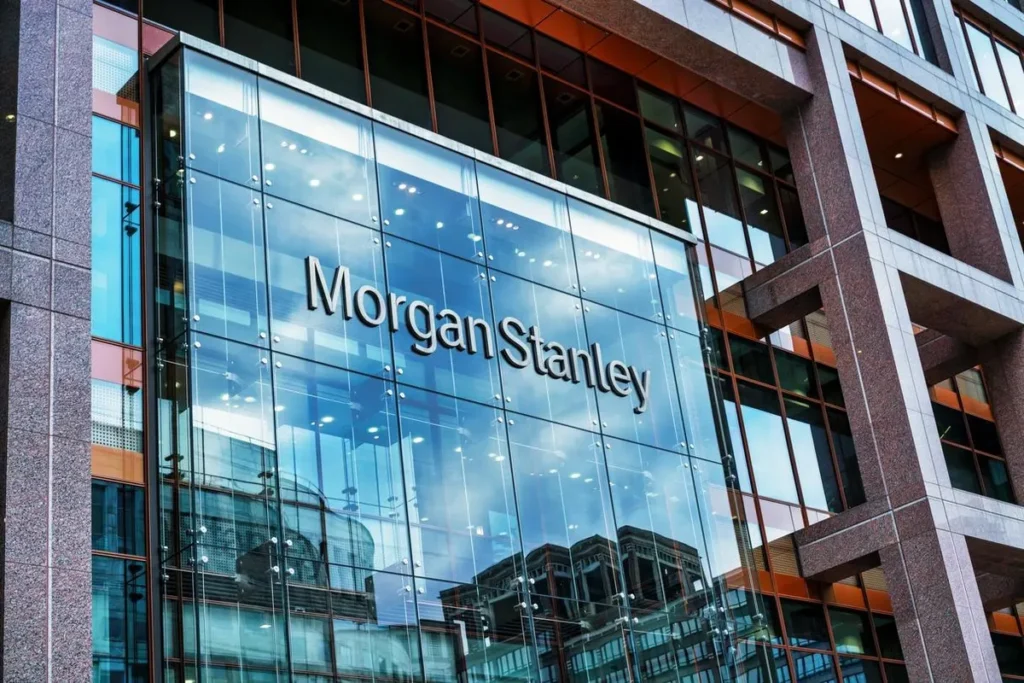





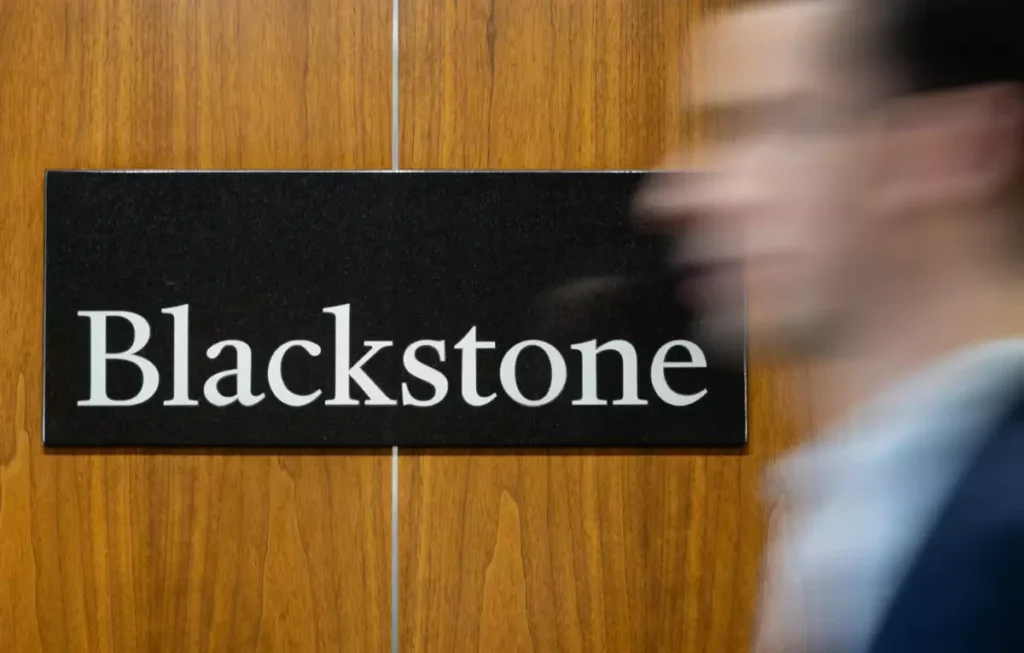

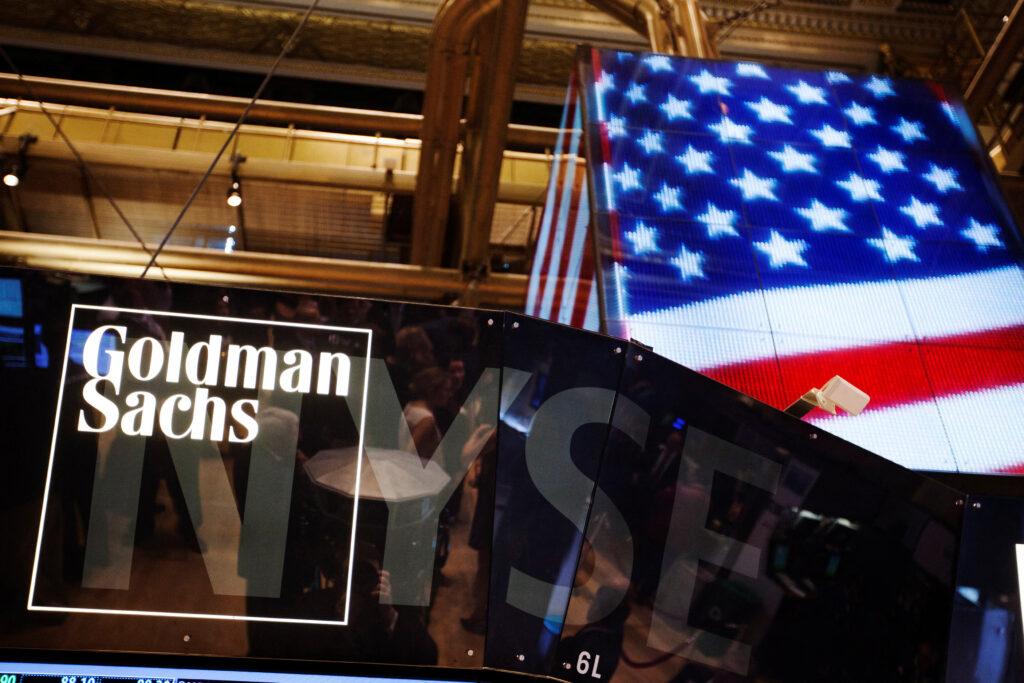
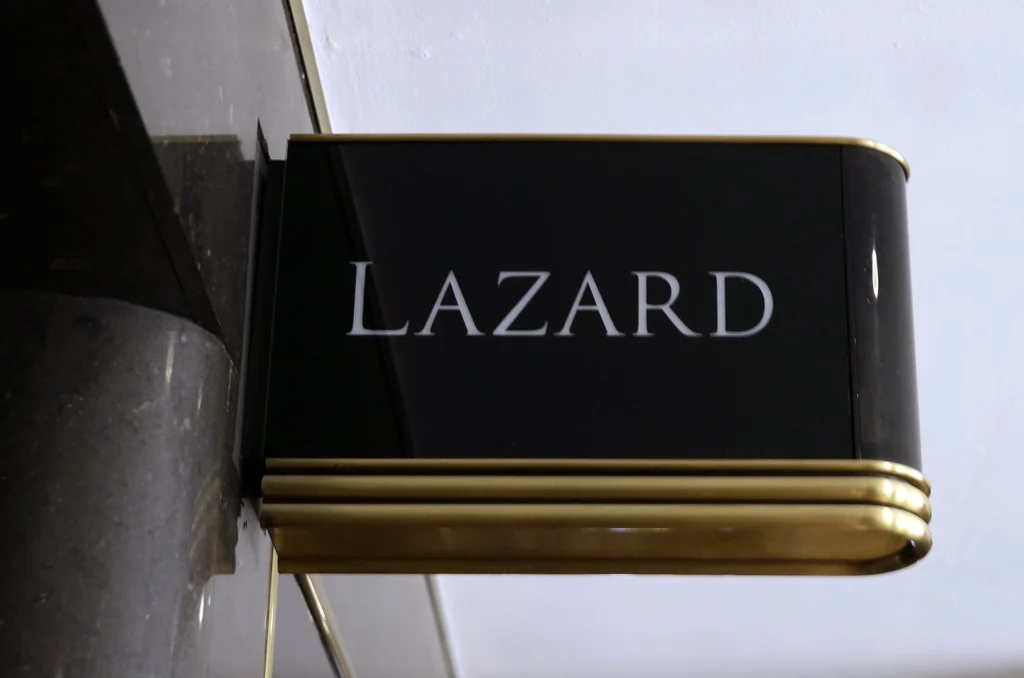






Continue with Facebook Continue with Google